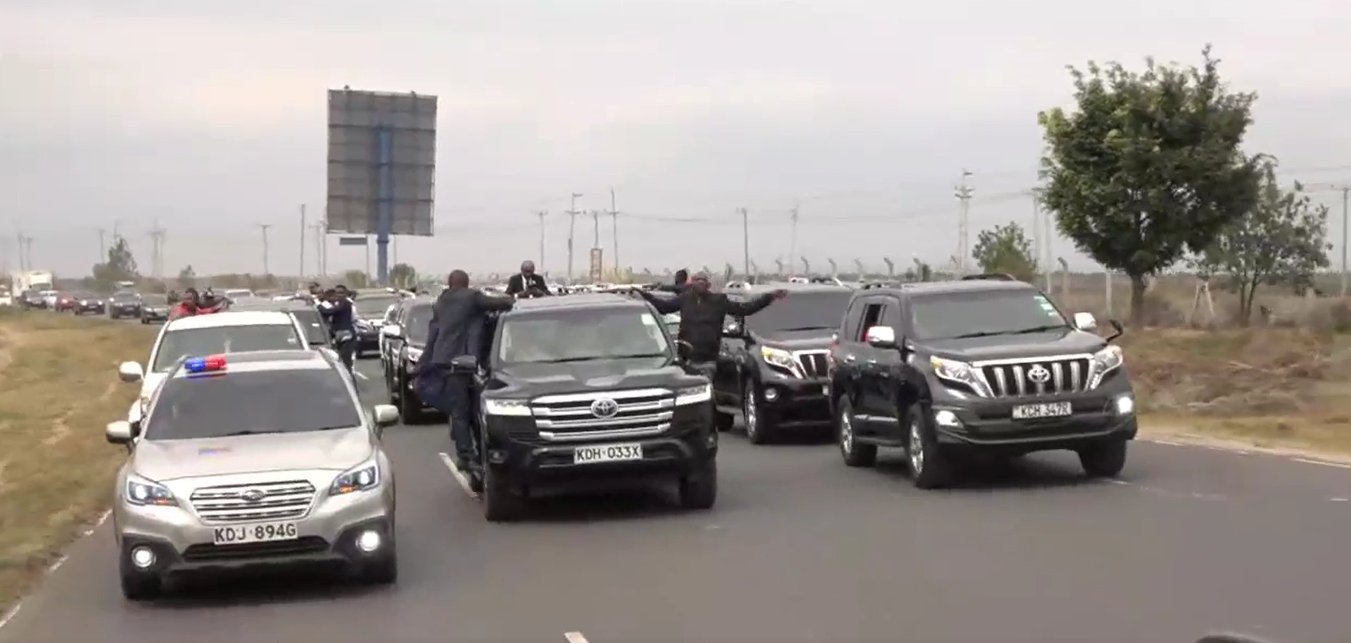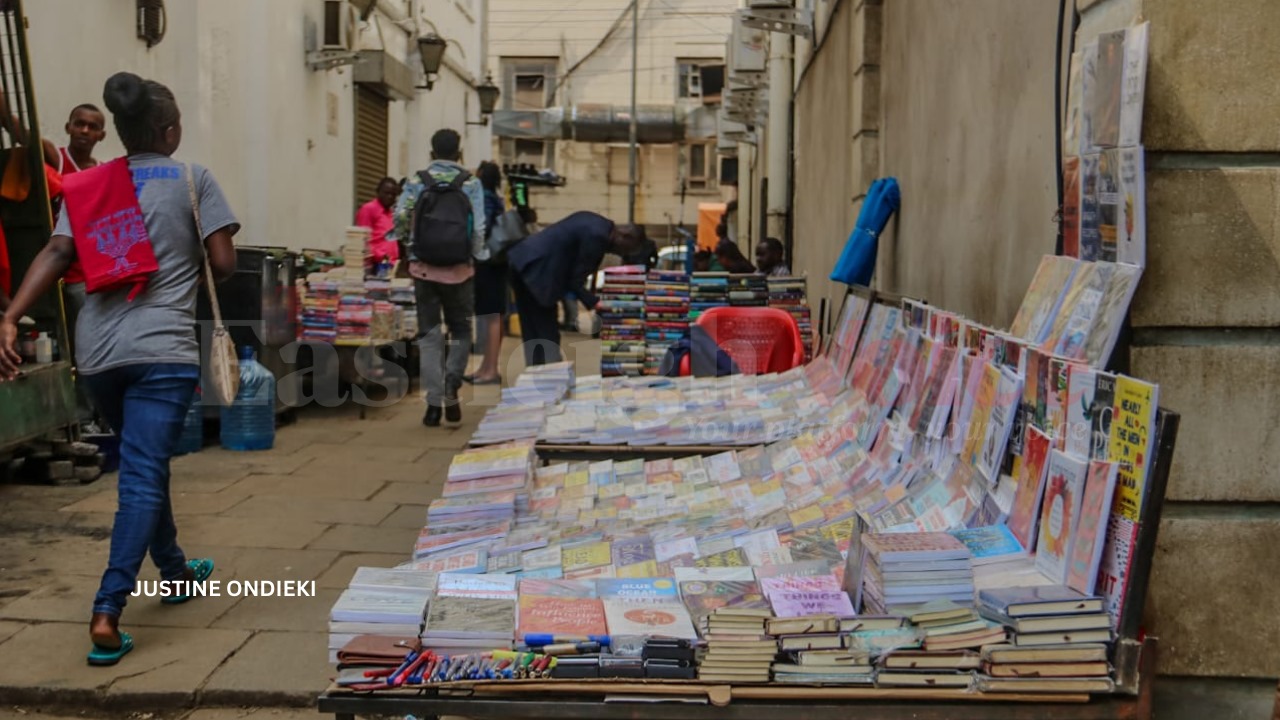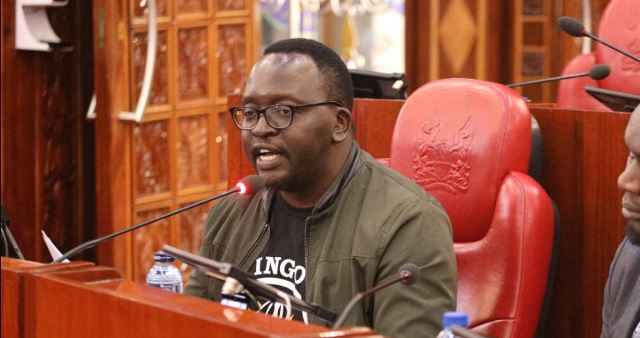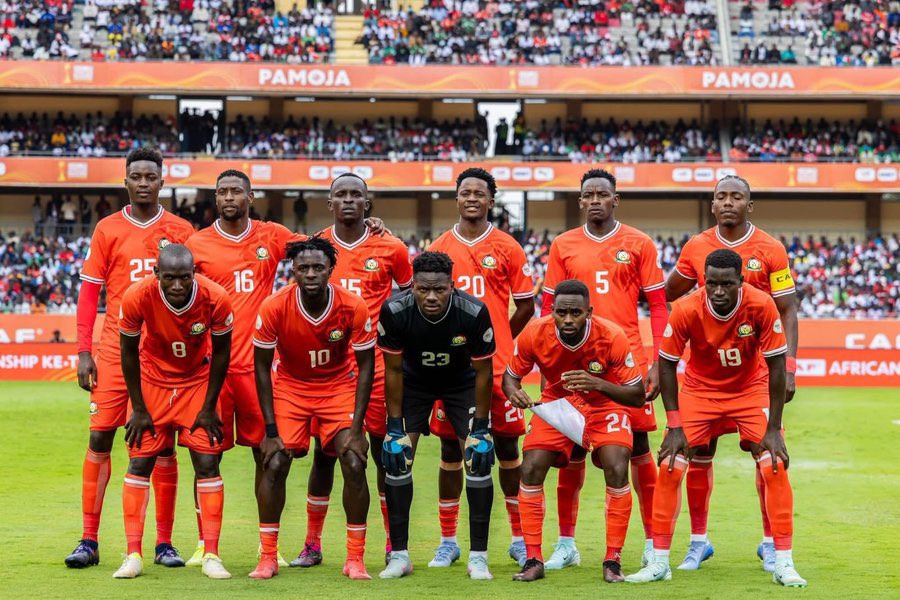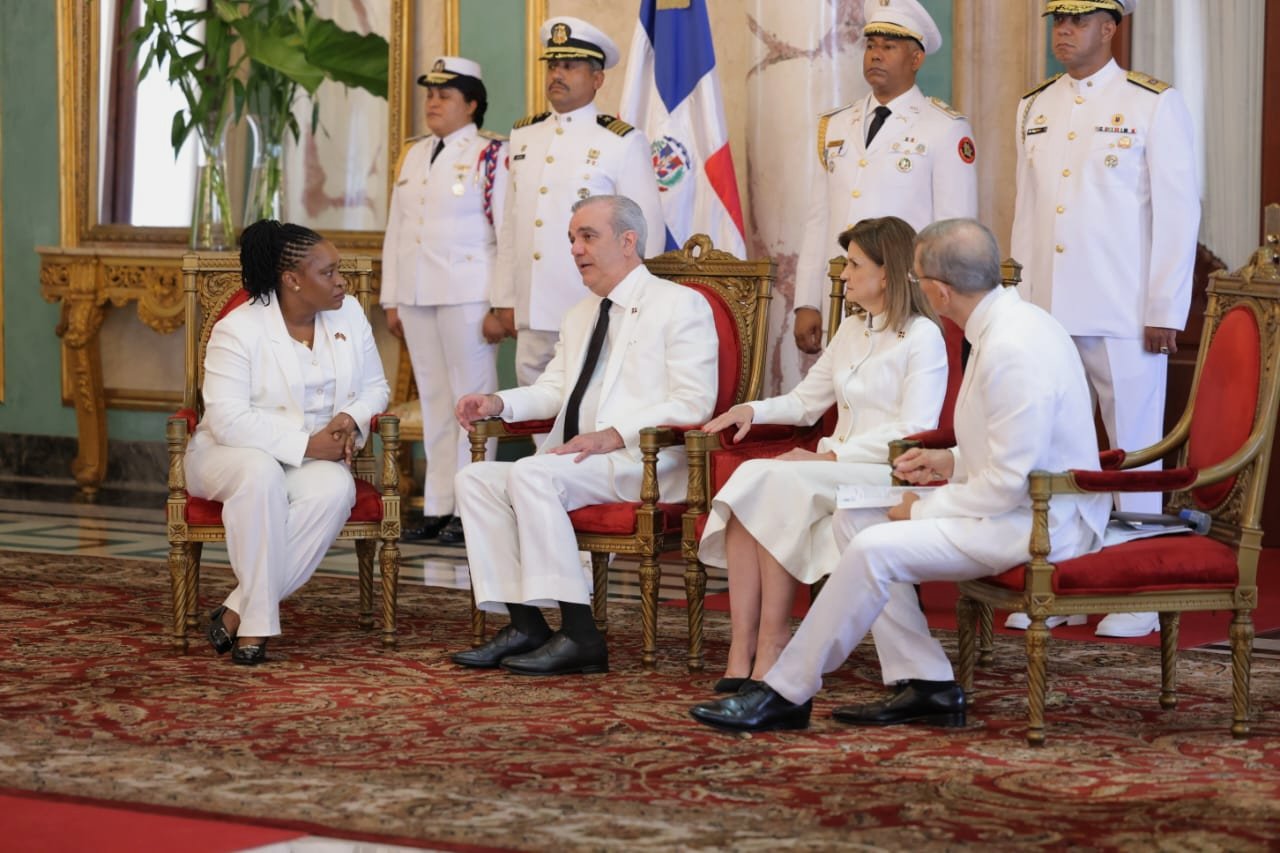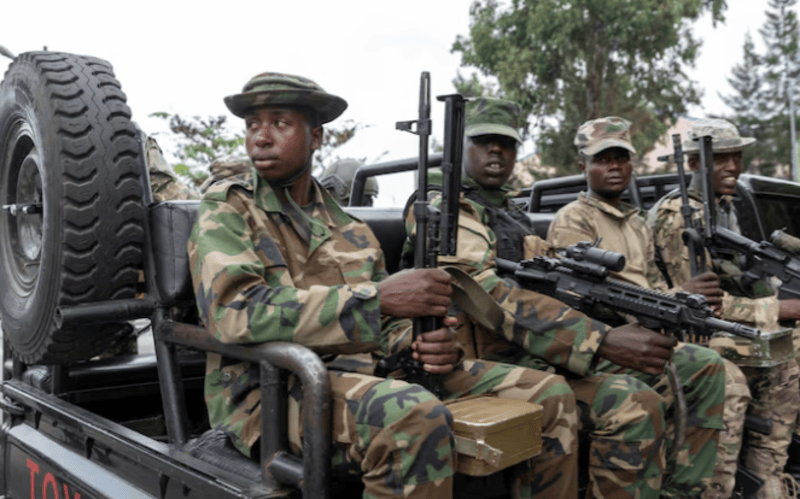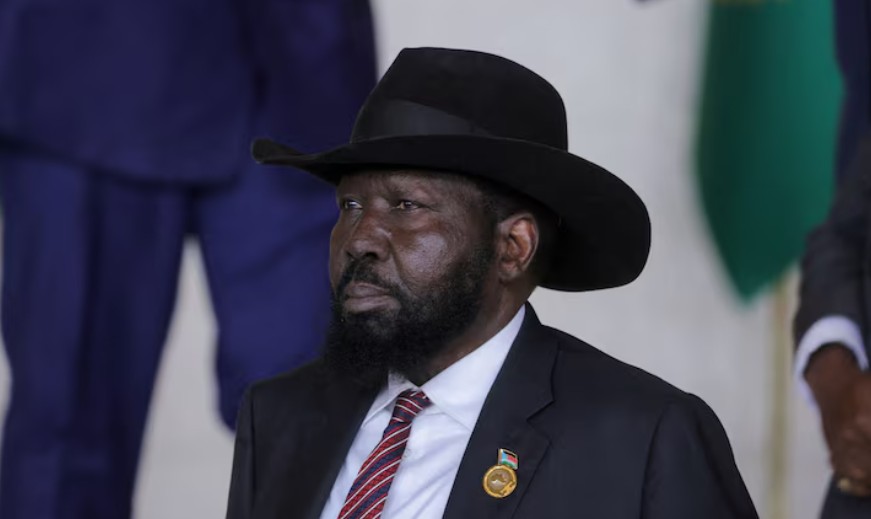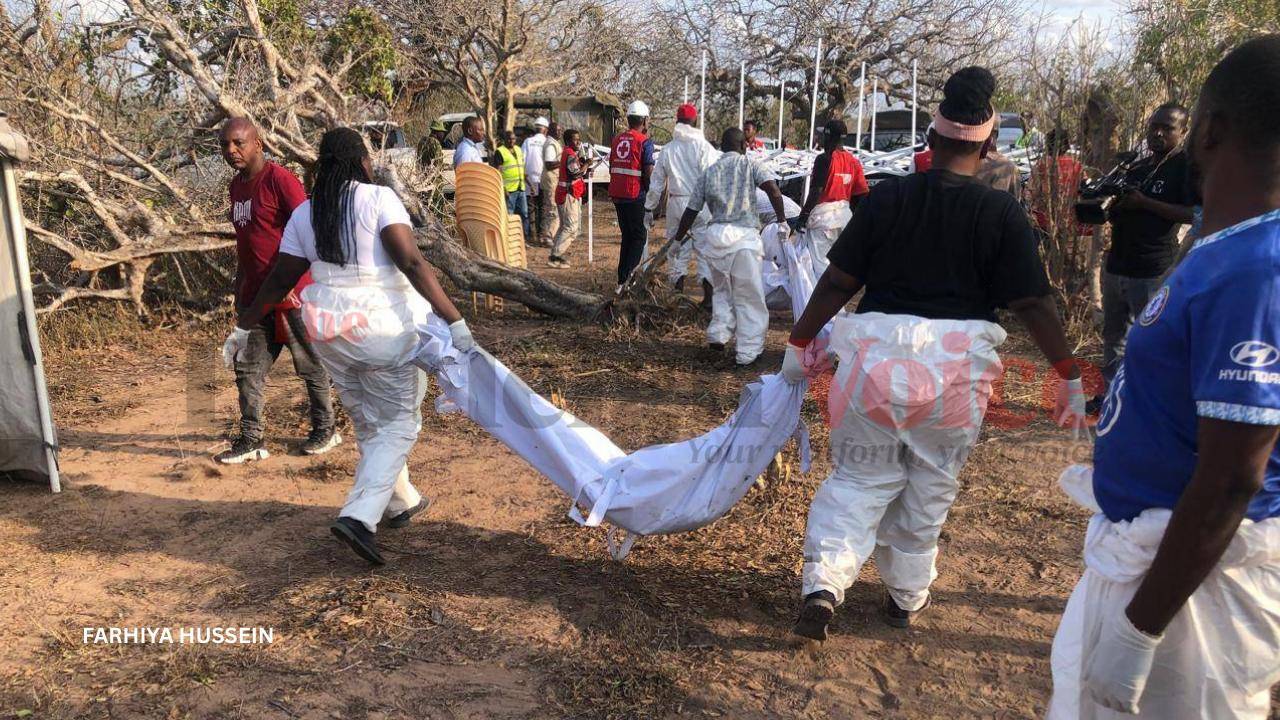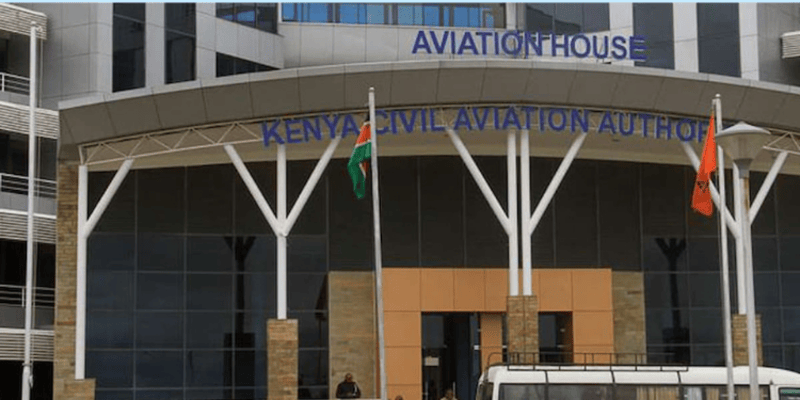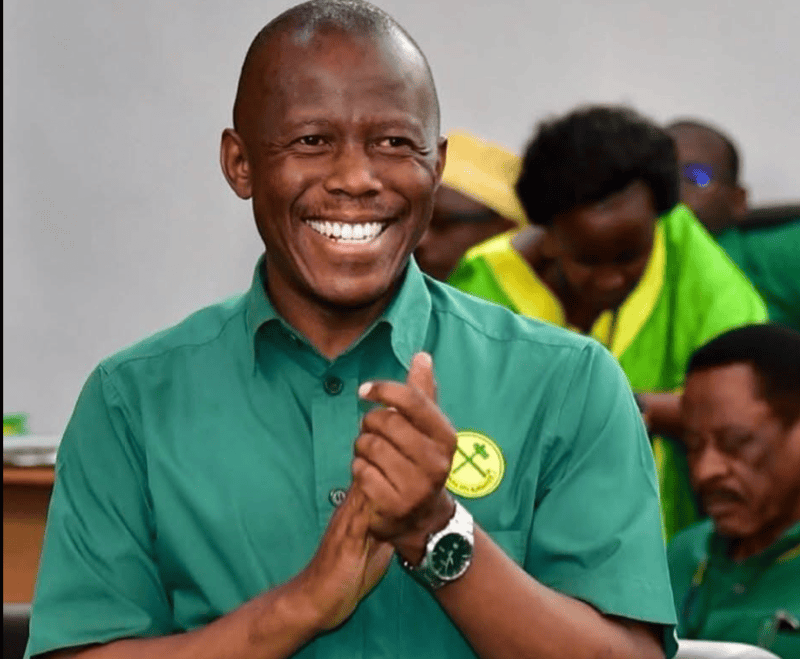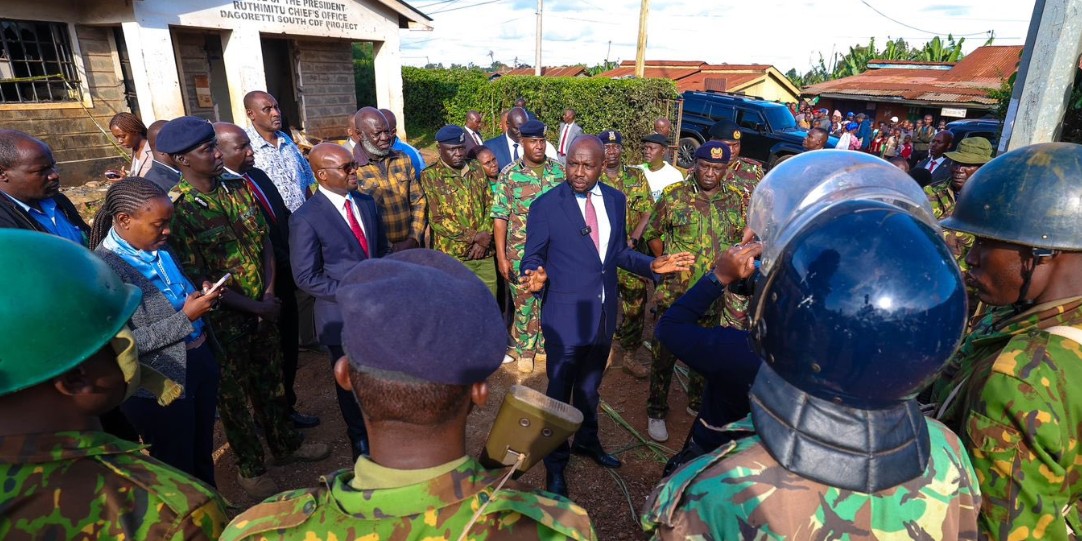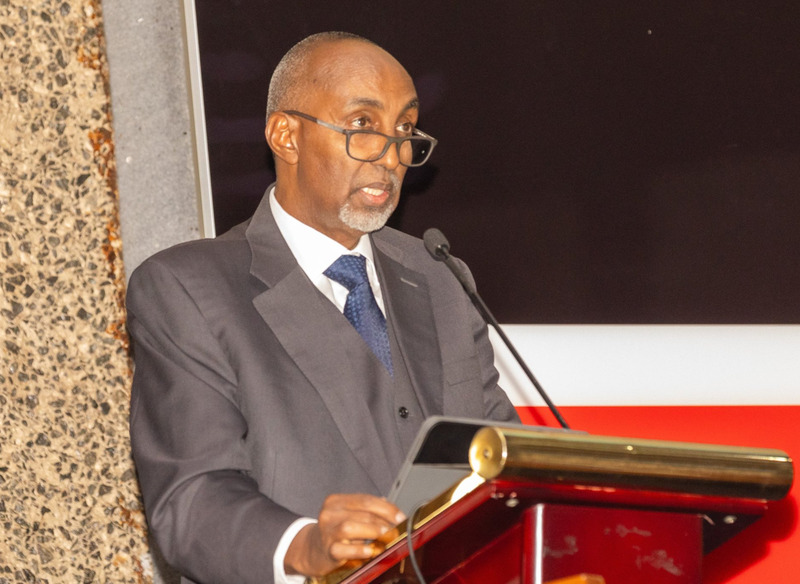Ruto orders police to shoot looters in the leg, not kill during protests crackdown
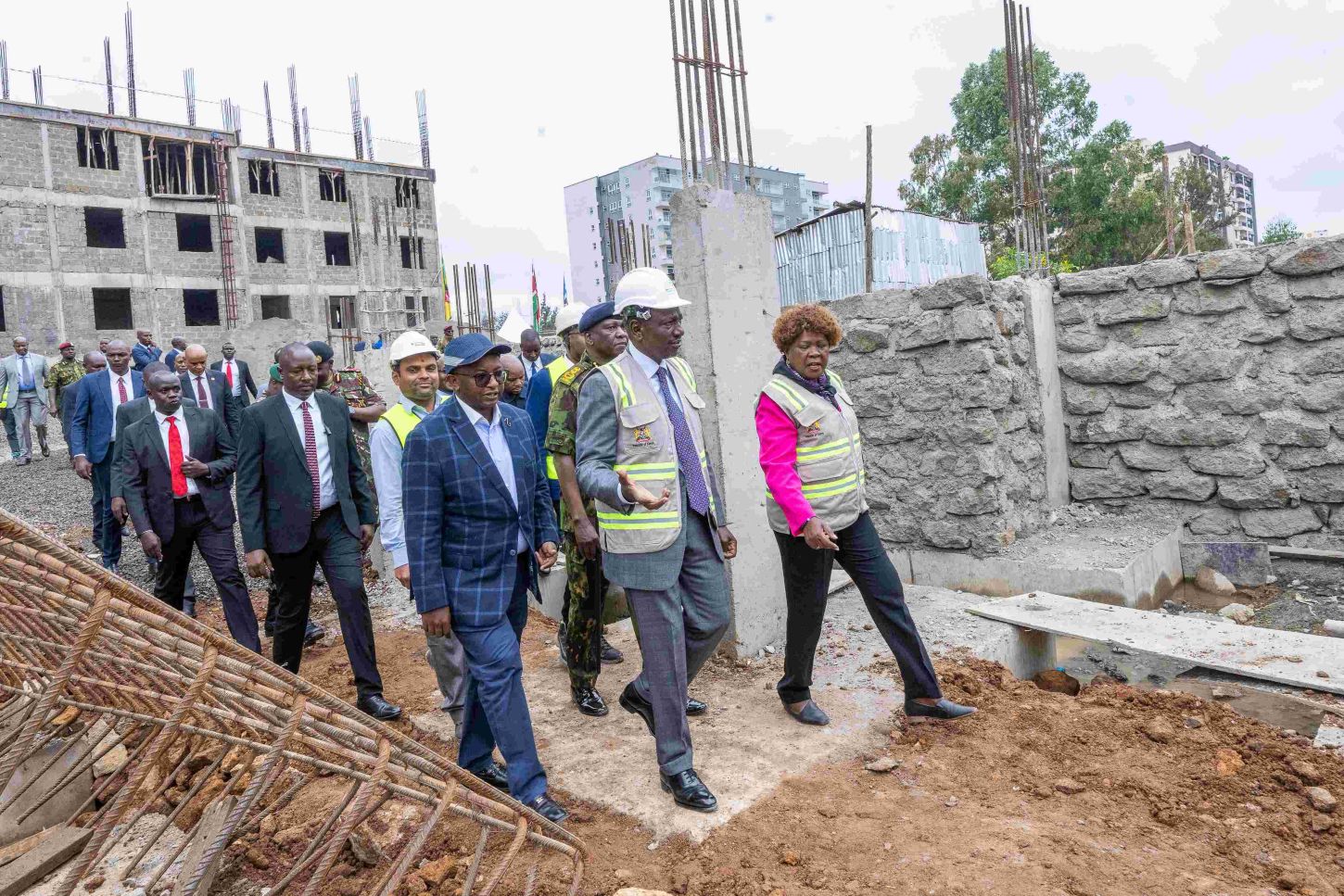
Ruto added that violent attacks on police officers and stations, as witnessed during the June 25 protests against the 2024 Finance Bill, will be treated as acts of terror.
President William Ruto has ordered police officers to shoot and injure, rather than kill, anyone found looting or destroying property during protests.
Speaking on Wednesday during the launch of a police housing project in Kilimani, Nairobi, Ruto said protesters who attack businesses and public institutions must face immediate consequences, even if that means being shot in the leg.
More To Read
- Treasury reports fastest tax growth in two years amid July protests
- Five Kenyans sue IG Douglas Kanja, top security chiefs over protest violence inaction
- Ruto announces 120-day compensation framework for protest victims
- Government sued for "systematic abuse of power" over terrorism charges against protesters
- Police Constable Klinzy Baraza charged with murder of mask vendor Boniface Kariuki during June 25 protests
- Police Constable jailed 30 years for the murder of his boss in Nakuru
“Anyone who burns down someone else’s business and property, let them be shot in the leg and go to the hospital as they head to court. Yes, let them not kill, but shoot and break the legs. Destroying people’s property is not right,” said the President.
He warned that political leaders behind the violent unrest will be held accountable, saying, “It is leaders financing youth to carry out those acts, and we are coming after you!”
Ruto added that violent attacks on police officers and stations, as witnessed during the June 25 protests against the 2024 Finance Bill, will be treated as acts of terror.
“Those who attack our police, security installations, including police stations, are declaring war. It is terrorism, and we are going to deal with you firmly. We cannot have a nation run by terror and governed by violence; it will not happen under my watch,” he said.
The country has witnessed a series of protests over the past weeks, led mostly by the youth aggrieved by the rising cost of living and suppression of dissent. Several of the demonstrations have turned deadly, with human rights groups accusing police of using excessive force.
The Kenya National Commission on Human Rights said that during the most recent protests on Monday, 31 people were killed and 107 others injured, while multiple businesses were vandalised across at least 15 counties.
On June 25 alone, Amnesty International Kenya reported that at least 16 people died—mostly due to police shootings—during protests that saw at least nine police stations attacked and five torched. County offices, court buildings, and official vehicles were also damaged.
Concerns have also emerged over the use of armed gangs said to be working with authorities to disrupt peaceful protests, beat up demonstrators, and loot property.
Ruto’s remarks echo those of Interior Cabinet Secretary Kipchumba Murkomen, who told police last month to shoot anyone attempting to storm police stations.
“Anyone who gets near a police station, shoot them. Why should someone who wants to steal firearms be spared? Firearms are not doughnuts!” Murkomen said after the June 25 protests.
At the same event on Monday, President Ruto hit out at political leaders for inciting the youth over joblessness, insisting the problem did not start with his administration.
“People are trying to suggest that youth unemployment began when I became president. But was every young person employed before 2022?” he posed to the crowd.
He blamed past regimes for failing to address the unemployment crisis, arguing that Kenya had lacked a clear roadmap for job creation until his government came to power.
“What makes this issue seem bigger is that Kenya has never had a deliberate strategy to create jobs for the youth. I am the first to work on a plan to resolve it,” said Ruto.
He cited efforts such as the Affordable Housing Programme, the digital job creation initiative, and the Kazi Majuu labour export plan as key solutions already in motion.
“Currently, 320,000 youths are working in the Affordable Housing Programme, 200,000 in digital jobs, and 400,000 have secured employment abroad through Kazi Majuu,” he said.
His defence of government efforts came days after a report by Brighter Monday Kenya warned that youth employment remains limited due to a mismatch between graduate skills and market needs.
According to the report, nearly two million young people enter the job market annually, but only about 800,000 jobs are created, mostly in the private sector. Few opportunities exist in the public service, while most job seekers lack the hands-on skills required by employers.
Latest data from the Kenya National Bureau of Statistics show that the number of unemployed Kenyans rose to 2.97 million after the 2022 general election—a 3 per cent increase linked to reduced hiring and stagnant wages.
Young people aged between 20 and 29 make up the bulk of the jobless population, with about 800,000 new job seekers joining the market every year.
Top Stories Today


